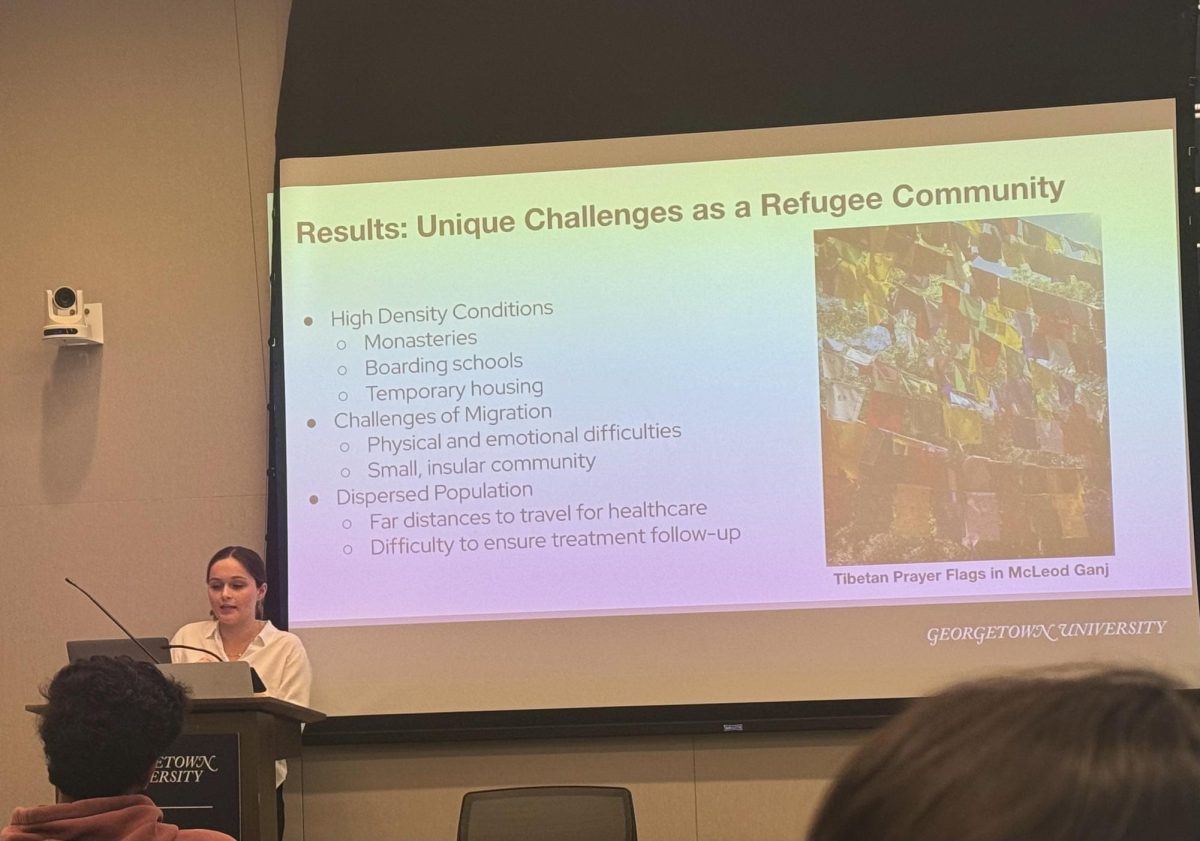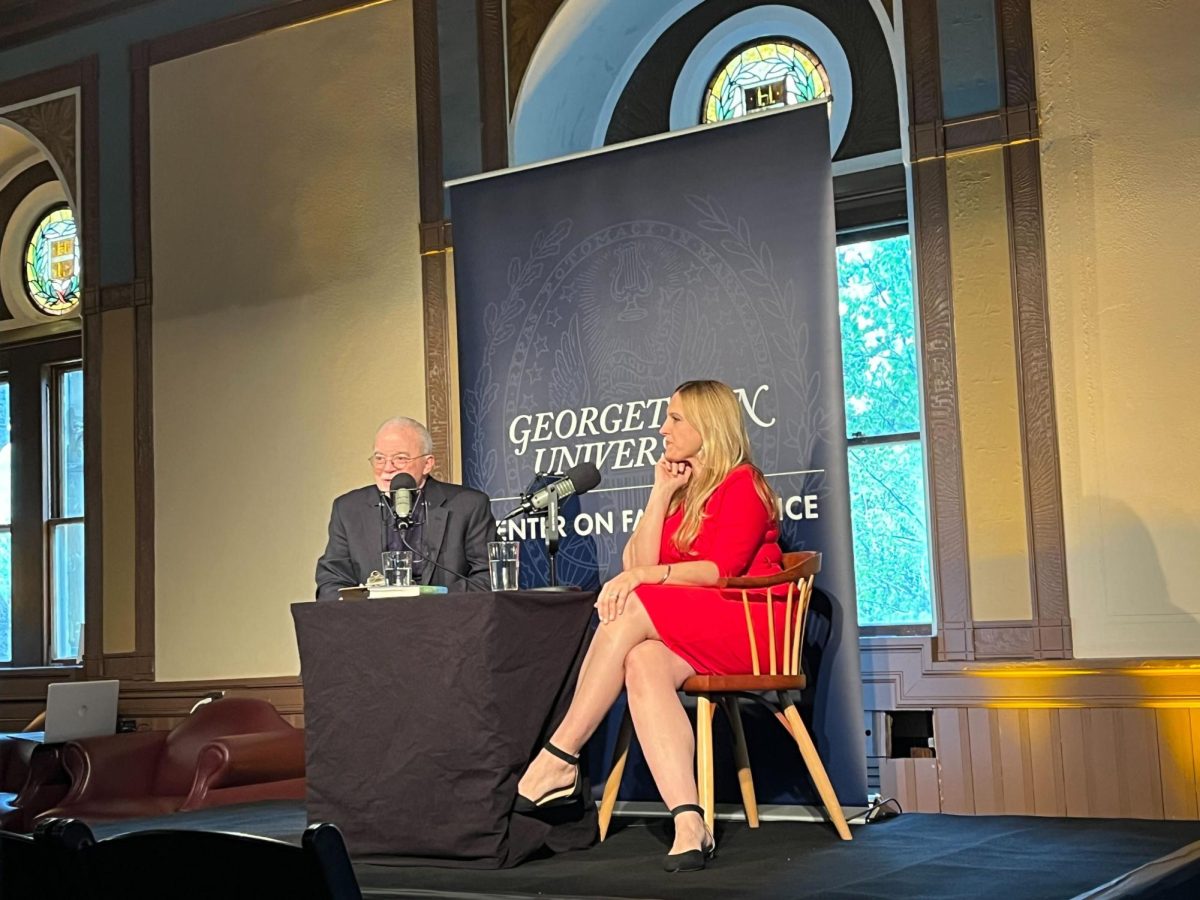Georgetown makes studying abroad almost effortless. Walk into the office of international programs, attend an info session and fill out an application that certifies you have a pulse and a GPA above 3.0. By making study abroad the default semester-away experience, Georgetown nudges students in this direction.
In fact, more and more students across the US are using their undergraduate years to study abroad. From the 2001-02 school year to the 2011-2012 year alone, there was a 76% increase in American students abroad.
However, we’ve got to question whether this is the best way to spend one valuable semester (or whole year) of our time as undergraduates. I think far too many students study abroad while overlooking other, more unorthodox, opportunities to take a semester away from Georgetown. However, if you plan to study at Oxford and LSE, then absolutely go for it. Those programs are unmatched in terms of academic experience and reputation and really don’t apply to the discussion here.
I studied abroad last fall in Dublin, and I certainly enjoyed my semester. But there’s a difference between enjoying and experiencing meaningful growth by studying in another culture. I was in an orientation with about 100 other students from across the U.S. for my first four weeks, and I ended up spending most of my free time going out in Dublin and traveling around Europe with this core group of new friends.
From what I have seen on Facebook, this sort of experience is far from exceptional. A lot of students choose cushy European institutions. I certainly could have tried harder to make more Irish friends, but it was very easy to stick with the familiar once the momentum of the few weeks got going. The Economist lists the top four locations for American study-abroad students, all of which are considered agreeable destinations: 12.2 percent study in Britain, 10.5 percent in Italy, 9.3 percent in Spain and 6.1 percent in France.
If I could go back in time one year, I would take a semester off to either work or research abroad. Unfortunately, Georgetown doesn’t provide many resources for students to look into these other options. But these options have a few important advantages over studying abroad:
First, having a source of income can make living abroad much more feasible. For students who don’t come from a high-income background, the cost of living and traveling abroad (especially if you’re in Europe) can be burdensome
Second, working or researching in a foreign country would provide an unmatched opportunity for cultural immersion.
Third, instead of taking classes that seem like a joke compared to Georgetown academics, why not push yourself and continue to grow intellectually while experiencing another culture?
You don’t even need to leave the country to find an enriching semester-long experience that will complement your academics. Georgetown students have taken time off to work on political campaigns across the country, in places like New Mexico and Colorado.
Having grown up in an Irish section of Boston, I would probably have considered a semester in New Mexico more foreign than one in Dublin.
 Paul Healy is a rising senior in the College. Hoya Sapiens appears every other Thursday at thehoya.com
Paul Healy is a rising senior in the College. Hoya Sapiens appears every other Thursday at thehoya.com
















Stephanie • Jul 30, 2014 at 11:33 pm
Sounds like you are taking some of the blame for your experience. I studied abroad in Spain, made Spanish friends, lived with a Spanish family. Had considered Ireland as well but knew I wouldn’t have a cultural experience unless I tried harder. You’re not going to get turned down for a study abroad experience for which you’re qualified, so I think the message here is to know what you’re getting into and choose a program that will challenge you on a personal and intellectual level. I do agree that Georgetown should allow time off for these domestic experiences, but they shouldn’t replace a valuable, well-chosen experience abroad.